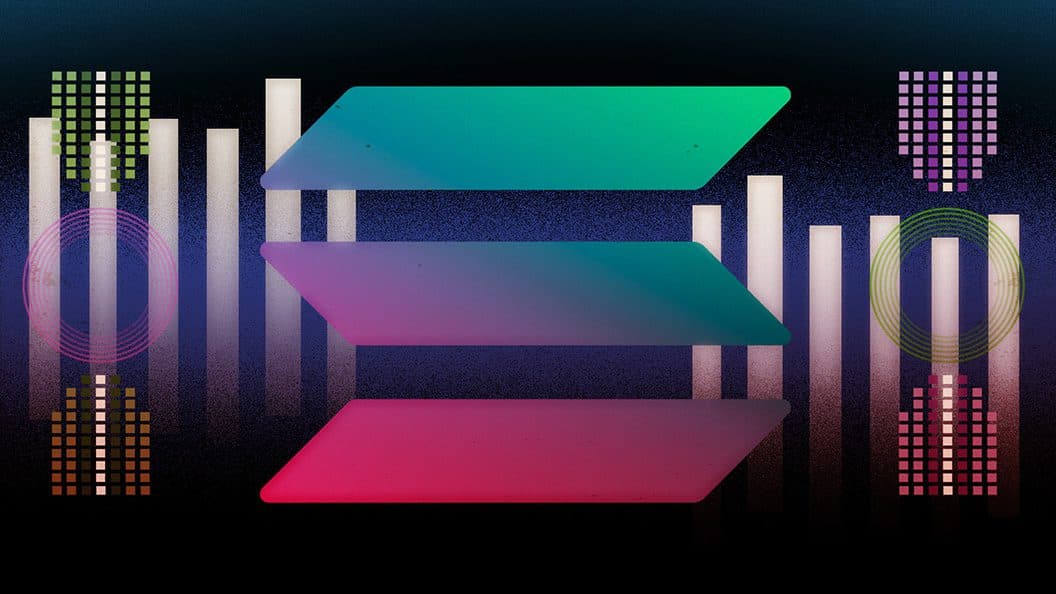Exclusive: Crypto Derivatives Exchange Deribit Planning Solana Futures
The rollout could come as soon as this quarter

Blockworks Exclusive Art by Axel Rangel
- SOL futures are set to be just the third cryptocurrency supported by Deribit, reflecting the need for market-maker coverage and liquidity in derivative products
- The offering came after Deribit picked up interest in SOL from market-makers
Cryptocurrency derivatives exchange Deribit is rolling out SOL derivatives — the latest indicator of strong institutional investor interest in the Solana protocol.
Two sources familiar with the matter said Deribit has been gauging the interest of options market-makers on Solana products for several months. The company confirmed to Blockworks that it’s internally testing SOL options, with a launch slated for later this quarter or early in the second quarter.
The Panama-based company currently offers options on exclusively bitcoin and ether. Luuk Strijers, Dereibit’s chief commercial officer, said the firm had considered adding other coins before but was concerned about liquidity and coverage by market-makers.
“Of course, we’ve had interest in other coins before, but not sufficient enough to ensure coverage — except for SOL now,” Strijers said. “It was really obvious there is demand for SOL, and it wasn’t that obvious before.”
Deribit, which accepts only crypto deposits, is in the process of building a Solana wallet to facilitate those trades. Users will have to deposit SOL to trade SOL derivatives. The company plans to offer perpetual trading, options, futures and portfolio margining services.
Futures and options on SOL now trade over the counter and via a select number of smaller exchanges. Deribit’s offering ought to substantially expand their trading volume, sources said.
One crypto hedge fund manager gearing up to trade SOL for the first time said the derivatives offering is a welcome means to give institutional investors the ability to place directional bets on the cryptocurrency.
Deribit’s clients are split between about 80% institutions and 20% retail investors. The company earlier this month upgraded its platform to reduce latency by 25%.
Meanwhile, the derivatives specialist has been working on launching support for USDC. That would take the form of perpetual trades priced and margined in the popular stablecoin — including bitcoin to USDC and ether to USDC.
It would allow contracts to settle in USDC instead of a particular coin, giving the company the ability to offer additional coins in future without having to build a wallet for each asset.






